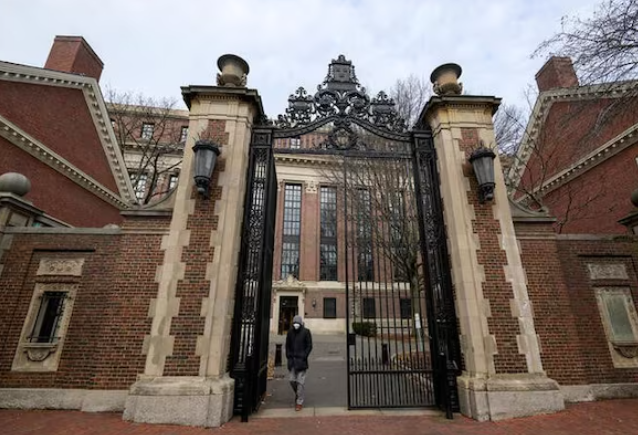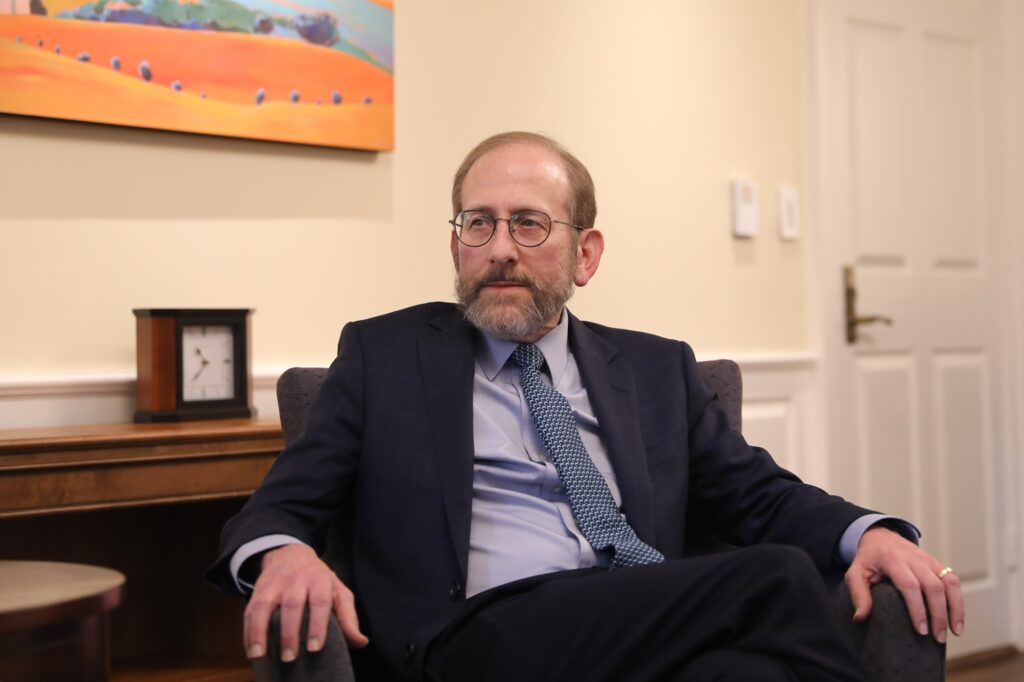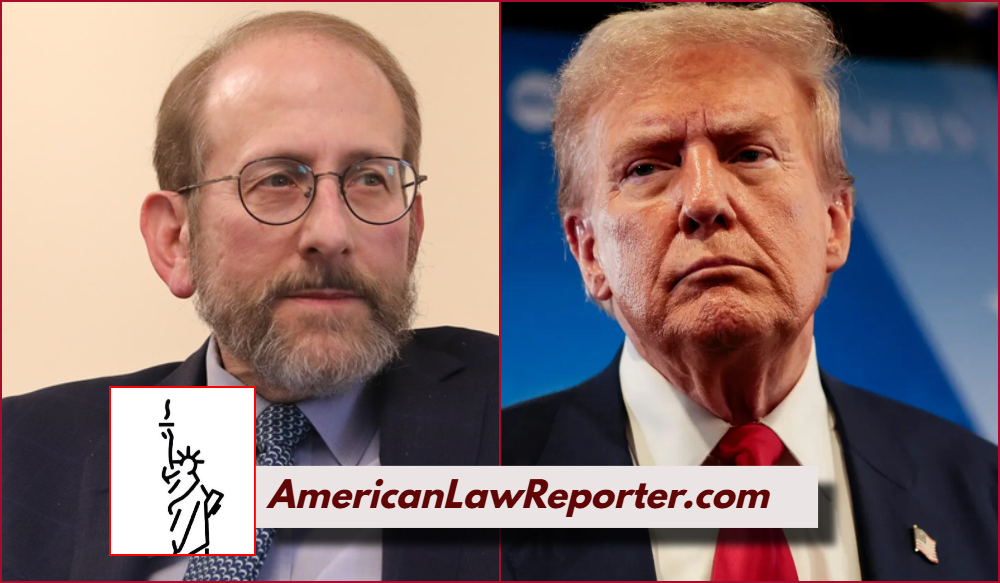In a bold and public rebuke, Harvard University has rejected sweeping demands from the Trump administration that threatened to withhold more than $9 billion in research funding.
Harvard President Alan Garber, M.D., Ph.D., issued a strongly worded statement asserting that the university “will not surrender its independence or relinquish its constitutional rights,” denouncing the administration’s attempt to impose political control over academic affairs.
The Trump administration’s letter, delivered late last week, demanded audits of academic programs, investigations into faculty and student viewpoints, and structural changes to governance and hiring practices.
Harvard deemed these conditions “unmoored from the law” and in direct violation of the First Amendment and Title VI of the Civil Rights Act of 1964.
“No government — regardless of which party is in power — should dictate what private universities can teach, whom they can admit and hire, and which areas of study and inquiry they can pursue,” Garber wrote in a message to the Harvard community.

Hours after the statement, the Trump administration escalated tensions by freezing $2.2 billion in contracts and $60 million in research grants to Harvard. President Trump further threatened to strip Harvard of its tax-exempt status unless the university apologized for what he called “terrorist inspired/supporting ‘Sickness’” on campus.
No legal mechanism for such a revocation was specified, and under U.S. tax law, such action would require significant due process.

At the center of the dispute is the administration’s allegation that Harvard failed to protect Jewish students from antisemitic harassment during pro-Palestinian student protests following the October 2023 Hamas-led attacks in Israel.
Harvard responded by reaffirming its commitment to fighting antisemitism, noting a series of initiatives implemented over the past 15 months. However, Garber stated that such efforts must not come at the cost of academic freedom and independent thought.
The standoff has drawn national attention, with prominent universities including Princeton and Stanford issuing statements in support of Harvard.
“Princeton stands with Harvard,” wrote Princeton President Christopher Eisgruber, while Stanford’s leadership said the federal government’s approach “threatens the nation’s capacity for scientific research.”
Legal scholars and university administrators warn that politicizing federal research funding could have dire consequences for U.S. innovation. Harvard Medical School Dean George Q. Daley called the freeze “self-defeating and injurious to the economy,” noting that federally funded research has long powered life-saving advances in biotechnology and medicine.
According to the nonprofit United for Medical Research, every $1 in NIH funding generates $2.56 in economic activity. In 2024 alone, the NIH awarded $36.9 billion in grants, supporting over 400,000 jobs and producing nearly $95 billion in economic output.
Harvard’s resistance to federal overreach has been hailed by advocates of civil liberties as a critical stand for the independence of higher education. Columbia University, which also received similar threats, said it would not accept any agreement allowing the government to dictate academic content or hiring.
The legal implications remain uncertain, as the administration has not followed the proper Title VI procedures required to terminate funding. Lawsuits are already emerging, with Columbia faculty suing the federal government over alleged violations of due process and free speech protections.
As the legal battles unfold, Harvard’s firm rejection signals a broader institutional defense of constitutional principles in academia.
“Freedom of thought and inquiry… has enabled universities to contribute in vital ways to a free society,” Garber concluded. “All of us share a stake in safeguarding that freedom.”

